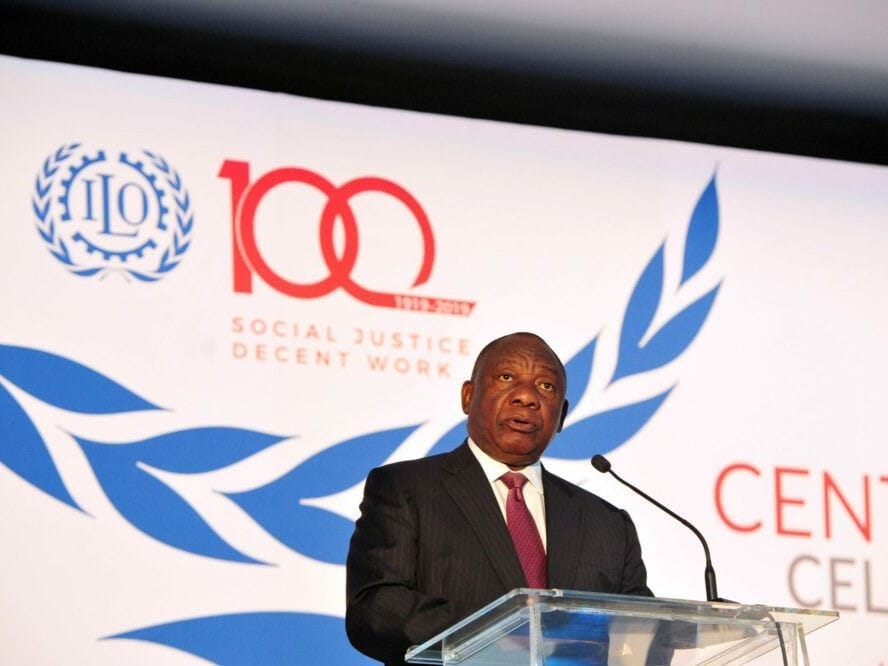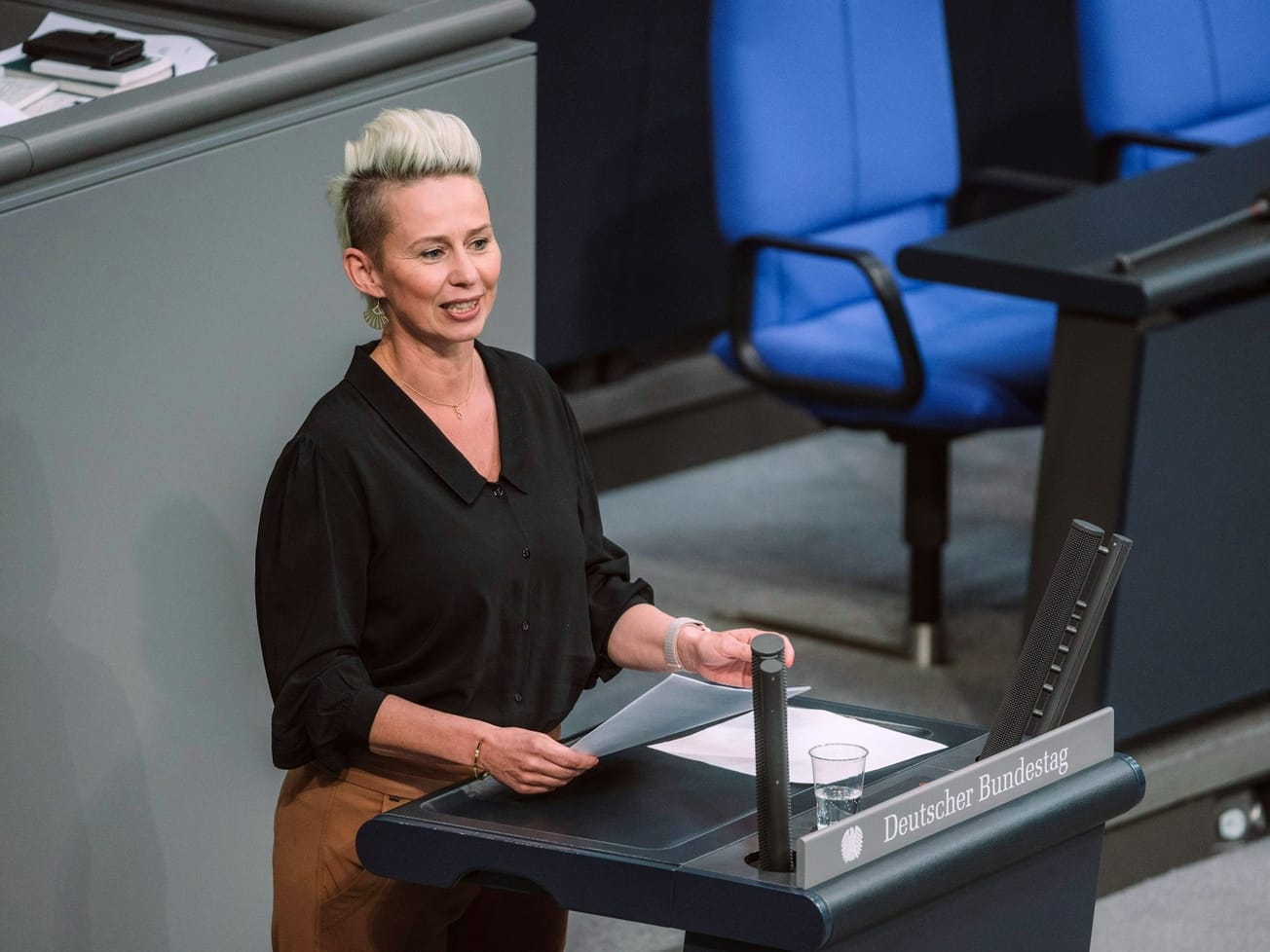GENEVA (AN) — The International Labor Organization focused on ways of spreading social justice through dignified work while commemorating its 100th anniversary on Monday as the sole survivor of World War I-era institutions set up to help keep peace.
The centenary featured prominently at the opening of the ILO's International Labor Conference for 5,000 delegates from 187 nations between June 10 and 21. The ILO, created in 1919 as part of the Treaty of Versailles that helped end the 20th century's first global catastrophe, was at first affiliated with the League of Nations. When that folded in the wake of World War II, ILO became a U.N. specialized agency in 1946.









